In the Paschal sequence we heard the following words: ‘Death and life have contended in that combat stupendous; The prince of life, who died, reigns immortal.’ This sums up the paradox of the paschal victory over Satan and sin. Just at the moment when the devil believed that he had won the definitive victory, he lost through his very trap, that of death. This is a paradigm for our Christian hope. When we hear in Romans 5 about Abraham who ‘hopes against all hope,’ it’s when all hope seems to be lost, when we have walked to the end of the plank and there are only the raging waters of the stormy sea beneath us, it is at that very moment where hope becomes victorious, real and takes on its greatest meaning in our lives.
Why is that? It is because once all hope seems to be past and like an impossible dream that we put our full trust in the Lord as our only solution, as our only true hope. Up until that point, we most often put our hope in ourselves. In our lives, when we have felt the most down trodden or beaten, for some amazing reason, it can be at that very moment where life surges anew and our spirits fly out of the abyss just as today we heard, it is when the Prince of life dies that he will reign immortal.What an amazing support for our Christian lives as we constantly wage the battle against the forces of evil and sin! What a glimmer of hope in the most precarious moments on our path; through Christ’s reign anew, we know that victory is ours and we can thus shout out, “Alleluia, alleluia, alleluia, amen alleluia!” as we run our Christian race and prepare to take the prize.
What an amazing support for our Christian lives as we constantly wage the battle against the forces of evil and sin! What a glimmer of hope in the most precarious moments on our path; through Christ’s reign anew, we know that victory is ours and we can thus shout out, “Alleluia, alleluia, alleluia, amen alleluia!” as we run our Christian race and prepare to take the prize.
This great mystery was hard to grasp for those who first became its witness. We see that in the gospel there are several who want to get the prize. There is first Mary Magdalene who rushes off to the tomb so as to anoint Jesus’ body after the prescribed Sabbath rest before anyone else gets to the job. Isn’t it odd that she doesn’t recognize him either by sight nor by sound. I guess we can explain why she took Jesus to be the gardener, for who else would be there at that time, and on top of it all, it was still completely dark when she saw him.
Plus, Mary was also super busy with what she felt that she had to do. As brother Victor always says, ‘ya gotta do what ya gotta do.’ That describes in a nutshell Mary Magdalene. She was on a self-imposed mission to be the first to anoint Jesus sacred body. She was completely distracted and perhaps a bit on edge. We can understand this better if you reflect upon what you feel when the really long traffic light just turns red as you pull toward the intersection because the person in front of you went so slowly through. So, you’re a bit on edge. The last thing you want to do is to wait at the stop light more than you have to, but oftentimes due to the fact that like most people, you start sending a text, you end of having the people behind you honking because if not, the green light would already have turned red again and many people would be thinking less than delicate things about you.
Yet, the second surprise is when she doesn’t recognize him by his voice. There must have been something very beautiful to Jesus’ voice, the voice of the God’s eternal incarnated word! A voice unlike all other voices, and yet Mary doesn’t recognize his voice. (If today you hear his voice, harden not your hearts). It took a concerted effort on Jesus’ part to break through her self-inflicted bubble of sorrow and auto proclaimed mission for her to understand that something radical had taken place, an earth shattering event that would change hers and everyone’s lives thereafter. Next, we are made like eye witnesses of the race between Peter and John. I love this passage. John shows his superior strength stemming from his youth, and also his incredible deference for the rock of the church. Still, this deference cannot keep him from believing before Peter. Seeing the rolled up burial cloths, John immediately believes. All that was said about the messiah becomes clear, all of the references to the resurrection of Jesus are recognized by John as true. ‘He saw and he believed.’ There is no hesitation, but a firm adherence
Next, we are made like eye witnesses of the race between Peter and John. I love this passage. John shows his superior strength stemming from his youth, and also his incredible deference for the rock of the church. Still, this deference cannot keep him from believing before Peter. Seeing the rolled up burial cloths, John immediately believes. All that was said about the messiah becomes clear, all of the references to the resurrection of Jesus are recognized by John as true. ‘He saw and he believed.’ There is no hesitation, but a firm adherence of faith to a mystery too good to be true. And as for us, are we as convinced as John? Do we believe that Christ lives his resurrection in and through us personally and that he calls us to rise, to reign and to intercede with him? The empty tomb is the greatest proof of the resurrection that the primitive Christian community had as first. It has been handed down throughout all the generations unto us. And another proof, the incredible transformation of minds,
Do we believe that Christ lives his resurrection in and through us personally and that he calls us to rise, to reign and to intercede with him? The empty tomb is the greatest proof of the resurrection that the primitive Christian community had as first. It has been handed down throughout all the generations unto us. And another proof, the incredible transformation of minds, bodies and souls by those who allow themselves to be inhabited by the Spirit. Each Sunday we run with Peter and John to the mysterious encounter with Christ risen from the dead. Let us not be discouraged by our past, as we see even Mary Magdalene was delivered from seven demons, which could be thought of as the seven capital sins. She, who was practically living
Each Sunday we run with Peter and John to the mysterious encounter with Christ risen from the dead. Let us not be discouraged by our past, as we see even Mary Magdalene was delivered from seven demons, which could be thought of as the seven capital sins. She, who was practically living for sin, through her encounter with Christ, lives as the first of all apostles, the apostle of the apostles, the first to announce to Jesus’s closest followers the startling news of the greatest of all events, Jesus’ and our victory over sin, death and darkness. At the dawn of that great day for humanity we, too, are called to live each morning as a great new dawn, a great new victory, a great new invitation to encounter Christ risen, even if we don’t understand too much, let our hearts tell us, yes, alleluia, he
At the dawn of that great day for humanity we, too, are called to live each morning as a great new dawn, a great new victory, a great new invitation to encounter Christ risen, even if we don’t understand too much, let our hearts tell us, yes, alleluia, he is risen, he is risen in Jerusalem, he is risen in each one of our hearts, he lives, he reigns, he will ever be with me at my side, calling me to be with him forever.

